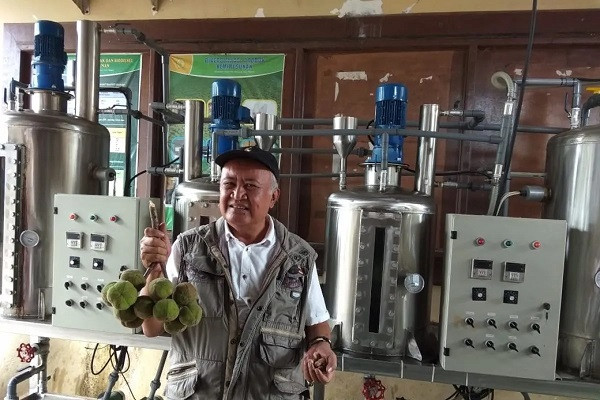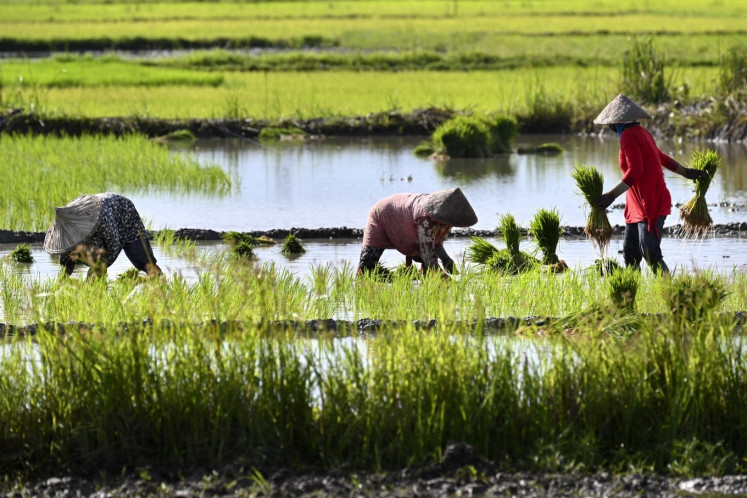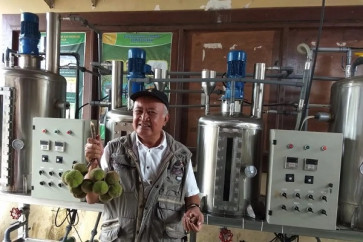Popular Reads
Top Results
Can't find what you're looking for?
View all search resultsPopular Reads
Top Results
Can't find what you're looking for?
View all search resultsResearch priorities and belated awareness
Indonesia's academic culture needs to grow up and fly the coop, as it were, by adapting proven frameworks and methodologies and implementing an evidenced-approach that matches our local contexts to establish our own research ecosystem; one that is free from overdependence on external validation.
Change text size
Gift Premium Articles
to Anyone
R
eading the opinion article "Ilmuwan dan Harapan Publik" (Scientists and public expectations) published in the Kompas daily on July 2, 2025, piqued my interest; not in the research findings cited from Nature Human Behaviour, but rather in the article’s implied eureka tone. The article suggests that much like discovering a new continent, Indonesian research must establish clear priorities relevant to societal needs.
This phenomenon is nothing new in the national research landscape. We often need the validation of international publications to acknowledge fundamental truths. It is akin to requiring a study by NASA to recognize Indonesia as an archipelagic nation.
Unfortunately, this pattern repeats constantly. Only after an international publication on Indonesia's biodiversity do we recognize our biological wealth. Global research on endangered regional languages is often what motivates us to preserve them.
In the context of the abovementioned article, its author states enthusiastically that these research results demonstrate the need to establish research priorities. It seems that without the Nature publication, the concept of research priorities would have been unfamiliar to us.
Yet, literature on determining research priorities has been developing since the 1970s, while the Council on Health Research for Development (COHRED) has been refining priority-setting methodologies since the 1990s. Why are we only realizing the importance of this subject in 2025?
Fundamentally, the article fails to address critical questions regarding priorities: According to whom are they set, for what purpose, and with what resources?
These basic questions in research governance should be the starting point before discussing priority topics. Without this clarity, the discourse on research priorities will only produce an ineffectual wish list or worse, become a tool for legitimizing certain agendas not aligned with public needs.



















